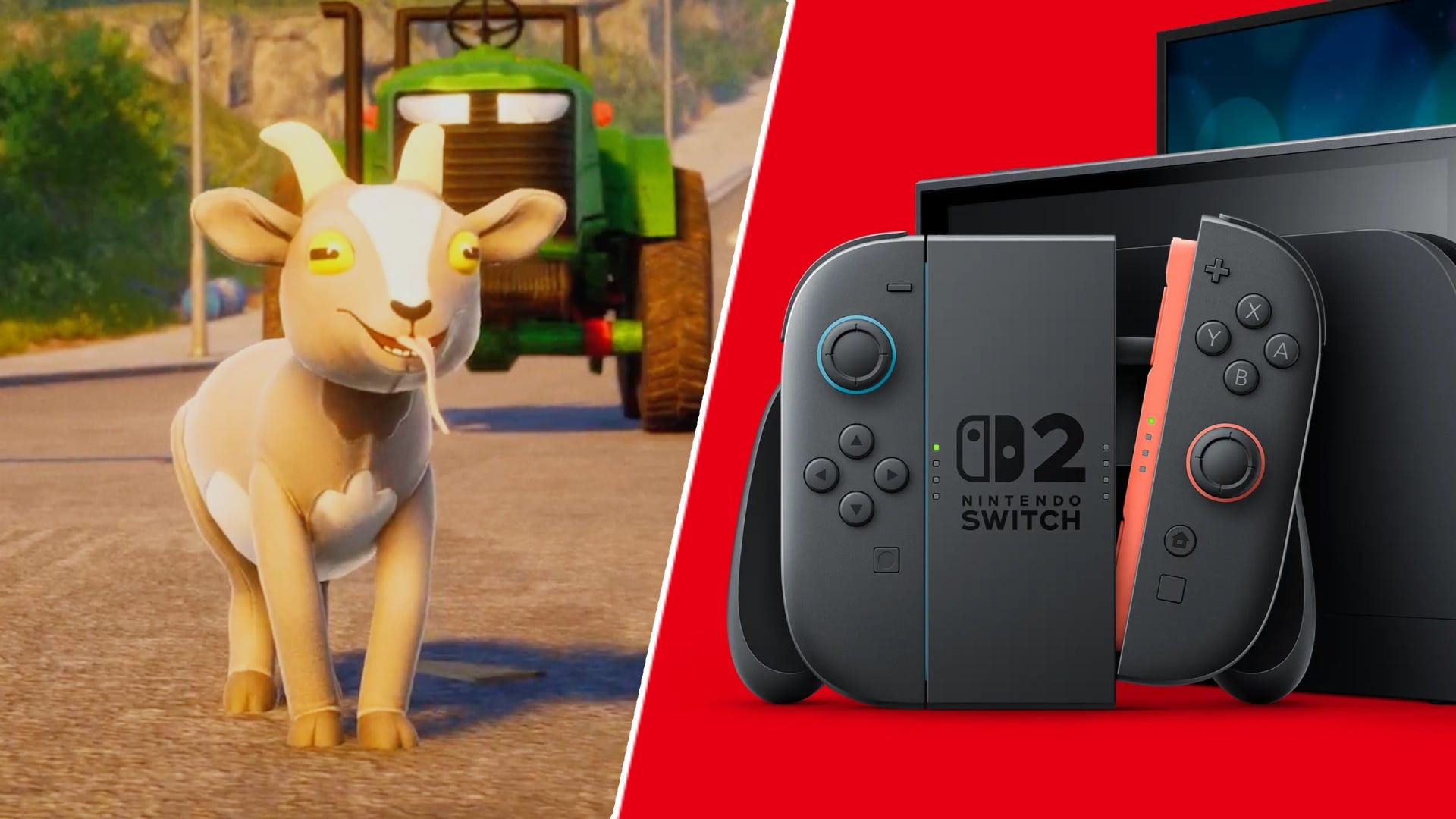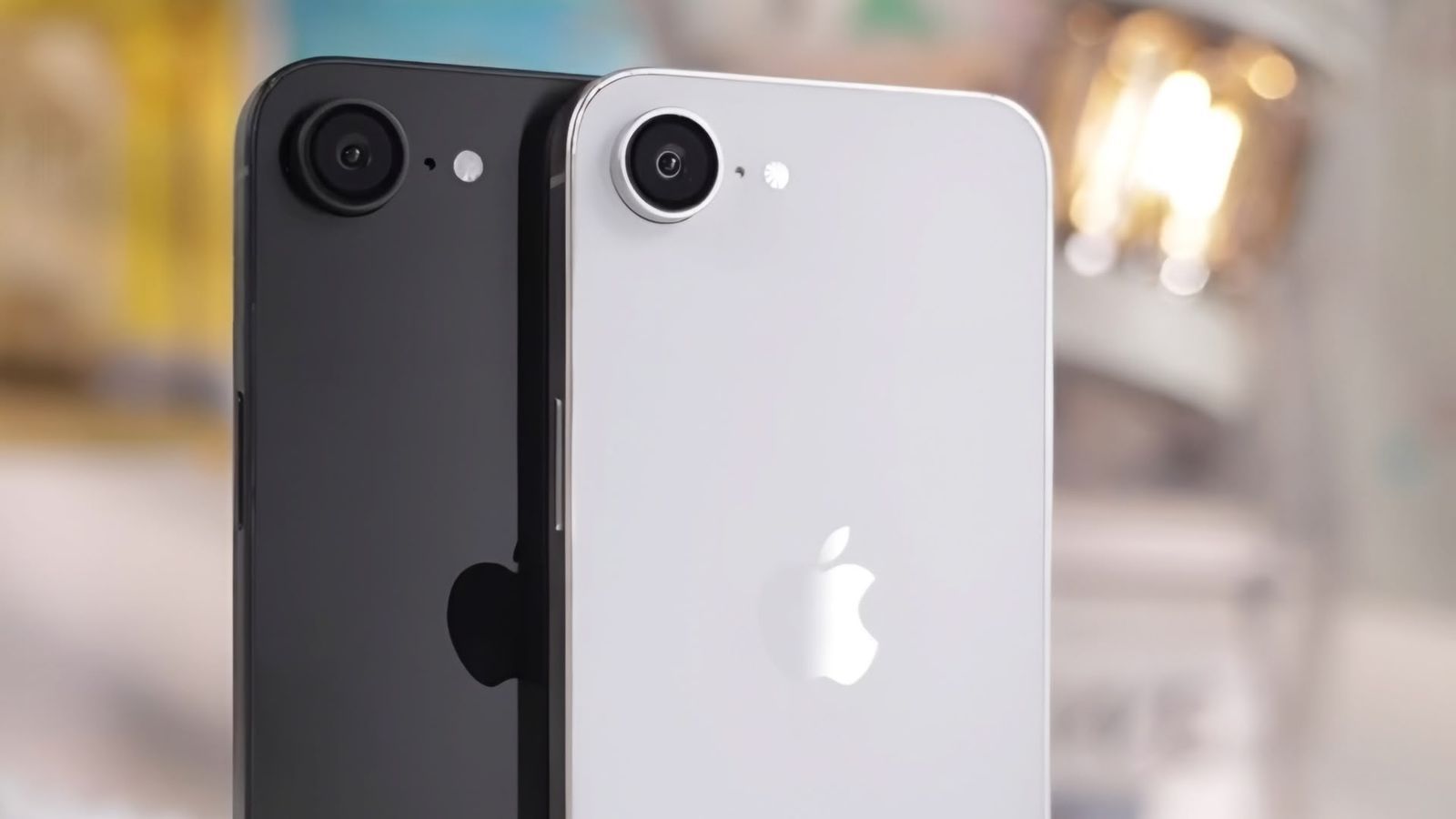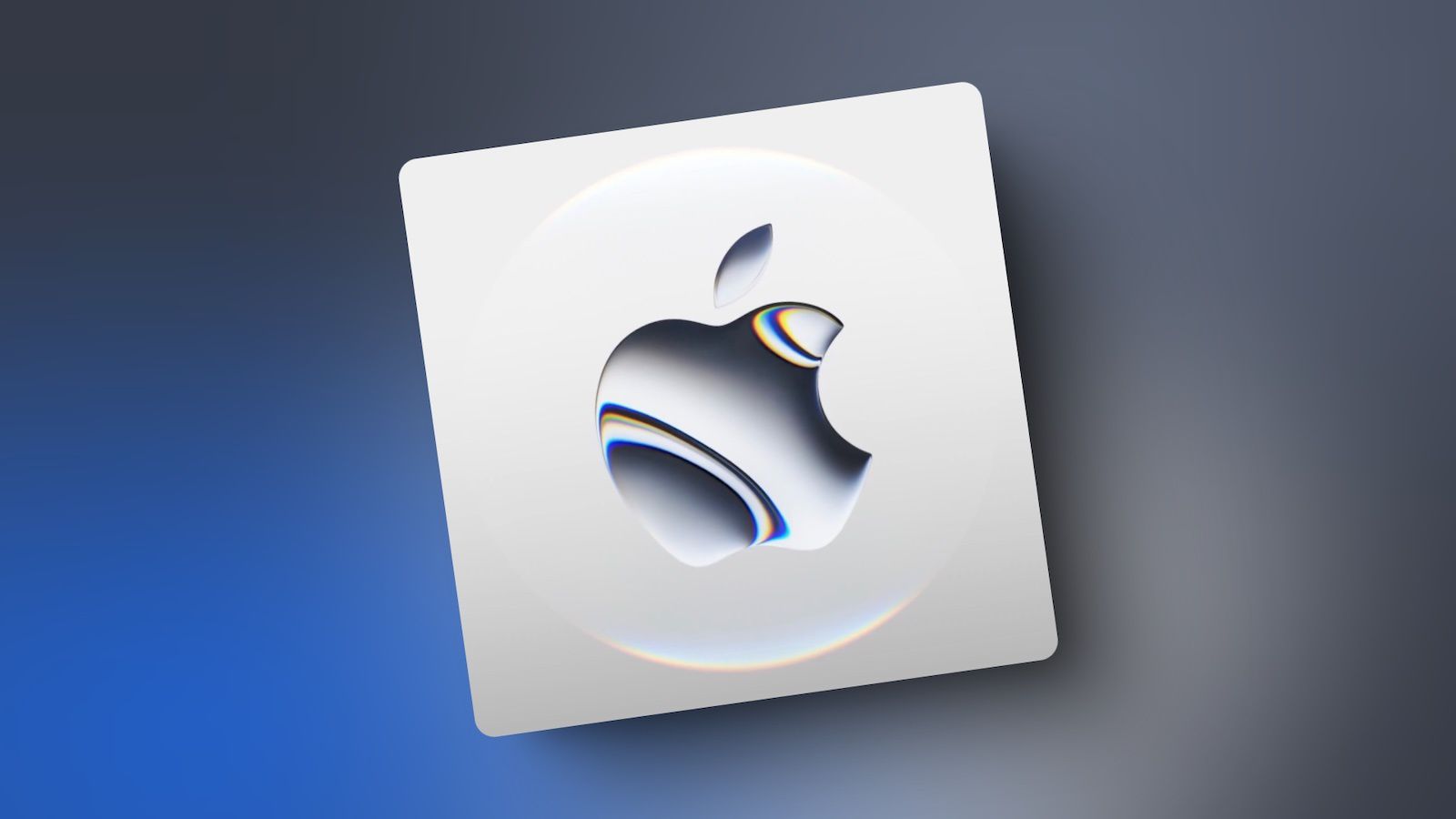Apple and SpaceX Reportedly 'Clashing' Over Satellite Texting Features
Apple and SpaceX subsidiary Starlink have been rolling out competing satellite features that allow smartphone users to send text messages while they are outside of cellular and Wi-Fi coverage. The Wall Street Journal on Sunday detailed the relationship between the two companies, and the report also revealed some other notable details. First, the report said that SpaceX has attempted to delay Apple's satellite expansion efforts. Last year, Apple committed $1.5 billion to its satellite partner Globalstar, to fund the expansion of infrastructure for the iPhone's built-in satellite features. Earlier this month, SpaceX urged the FCC to dismiss Globalstar's application for this expansion, calling it "premature." SpaceX said Globalstar's satellites would make exclusive use of the 1.6GHz and 2.4GHz bands, before the FCC decides on rules that could permit other satellite operators to use those bands. SpaceX wants shared access to the bands, but Globalstar believes this could result in interference, and potentially degrade the iPhone's built-in satellite features. Despite this conflict, Globalstar is paying SpaceX to launch its additional satellites. Second, the report said that Apple and SpaceX had "tense" discussions about seamlessly integrating Starlink's satellite texting feature on newer iPhone models, although the two companies eventually reached an agreement. In a support document, Apple says iPhones display "SAT" in the status bar when using a carrier-provided satellite feature, such as Starlink via T-Mobile. Starlink via T-Mobile is currently available in beta for free, and it is set to launch as a paid service in July for both iPhone and Android users. Finally, the report said that Apple held talks over the years with additional satellite companies, including Boeing, EchoStar, and even SpaceX. However, as of today, the iPhone's built-in satellite features remain exclusively powered by Globalstar. In a statement responding to the report, Apple said its satellite features are "designed to complement carrier offerings, giving users even more ways to stay connected." Most importantly, Apple said the features have "already helped save lives." Apple's built-in satellite feature was initially limited to communication with emergency services, but iOS 18 added the ability to send and receive iMessages and SMS messages to anyone via satellite. iPhone users can also update their location in the Find My app via satellite, and arrange roadside assistance via satellite. All of these features are available in the U.S., but availability varies in other countries. The features are free to use for now. Both the Apple-provided and carrier-provided satellite features are supported on all iPhone 14, iPhone 15, and iPhone 16 models, with an up-to-date iOS version.Tag: iPhone Satellite FeaturesThis article, "Apple and SpaceX Reportedly 'Clashing' Over Satellite Texting Features" first appeared on MacRumors.comDiscuss this article in our forums
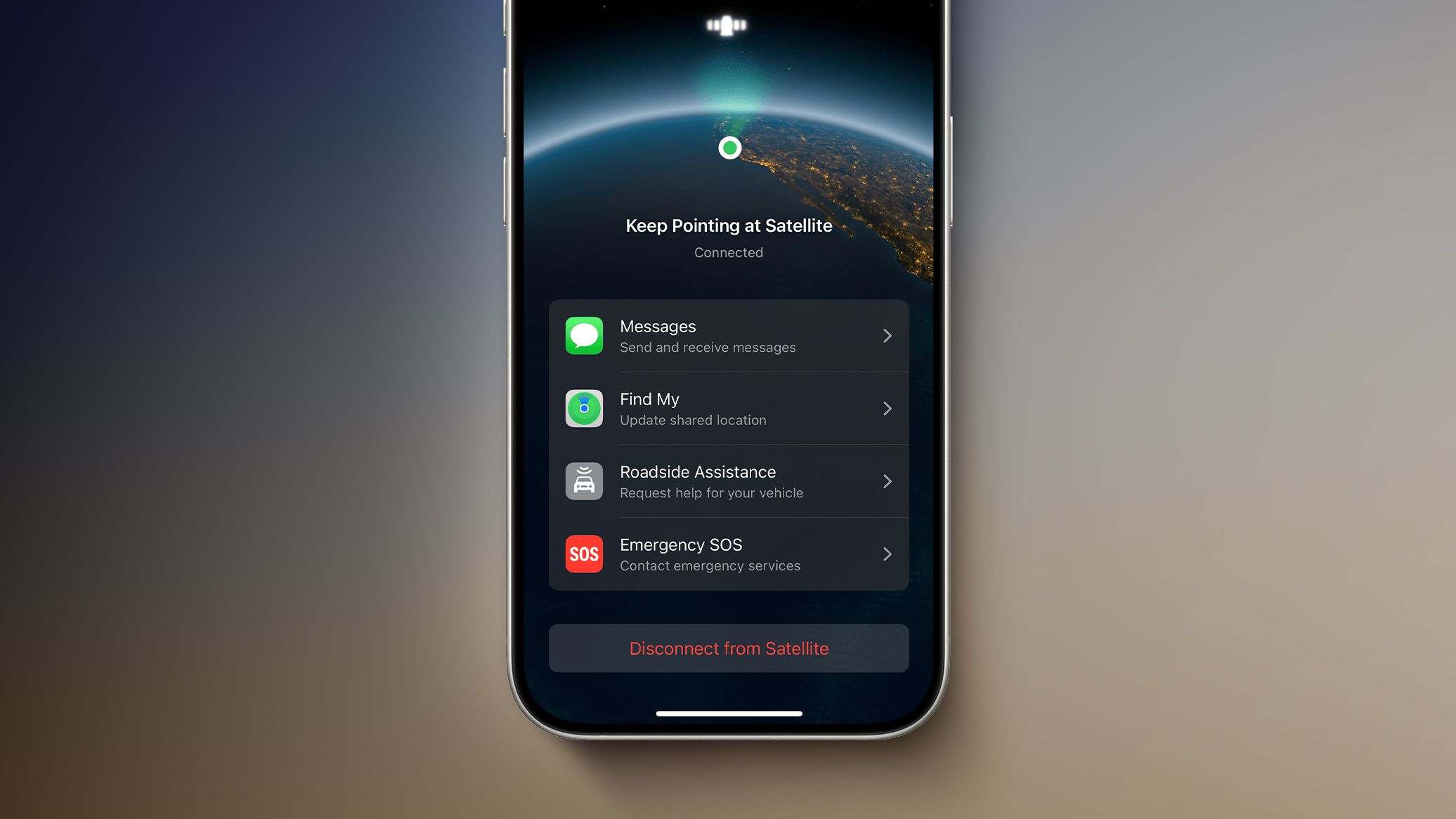

First, the report said that SpaceX has attempted to delay Apple's satellite expansion efforts.
Last year, Apple committed $1.5 billion to its satellite partner Globalstar, to fund the expansion of infrastructure for the iPhone's built-in satellite features. Earlier this month, SpaceX urged the FCC to dismiss Globalstar's application for this expansion, calling it "premature." SpaceX said Globalstar's satellites would make exclusive use of the 1.6GHz and 2.4GHz bands, before the FCC decides on rules that could permit other satellite operators to use those bands. SpaceX wants shared access to the bands, but Globalstar believes this could result in interference, and potentially degrade the iPhone's built-in satellite features.
Despite this conflict, Globalstar is paying SpaceX to launch its additional satellites.
Second, the report said that Apple and SpaceX had "tense" discussions about seamlessly integrating Starlink's satellite texting feature on newer iPhone models, although the two companies eventually reached an agreement.
In a support document, Apple says iPhones display "SAT" in the status bar when using a carrier-provided satellite feature, such as Starlink via T-Mobile.
Starlink via T-Mobile is currently available in beta for free, and it is set to launch as a paid service in July for both iPhone and Android users.
Finally, the report said that Apple held talks over the years with additional satellite companies, including Boeing, EchoStar, and even SpaceX. However, as of today, the iPhone's built-in satellite features remain exclusively powered by Globalstar.
In a statement responding to the report, Apple said its satellite features are "designed to complement carrier offerings, giving users even more ways to stay connected." Most importantly, Apple said the features have "already helped save lives."
Apple's built-in satellite feature was initially limited to communication with emergency services, but iOS 18 added the ability to send and receive iMessages and SMS messages to anyone via satellite. iPhone users can also update their location in the Find My app via satellite, and arrange roadside assistance via satellite. All of these features are available in the U.S., but availability varies in other countries. The features are free to use for now. Both the Apple-provided and carrier-provided satellite features are supported on all iPhone 14, iPhone 15, and iPhone 16 models, with an up-to-date iOS version.
This article, "Apple and SpaceX Reportedly 'Clashing' Over Satellite Texting Features" first appeared on MacRumors.com
Discuss this article in our forums



















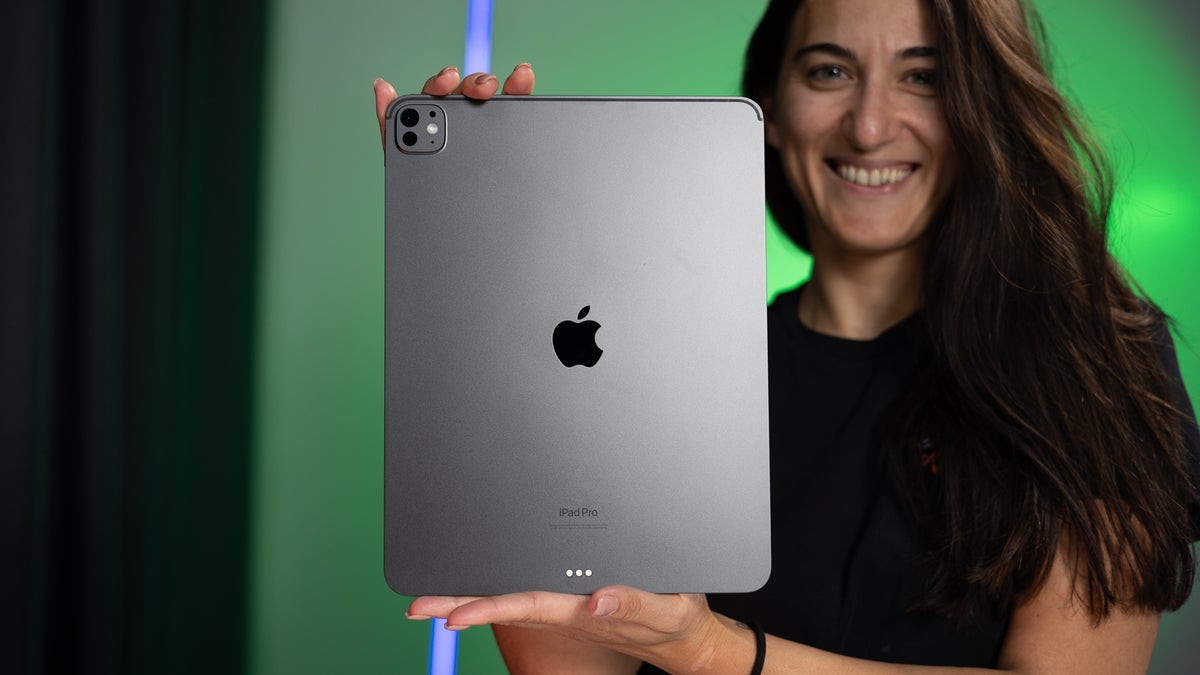
![T-Mobile says it didn't compromise its values to get FCC to approve fiber deal [UPDATED]](https://m-cdn.phonearena.com/images/article/169088-two/T-Mobile-says-it-didnt-compromise-its-values-to-get-FCC-to-approve-fiber-deal-UPDATED.jpg?#)
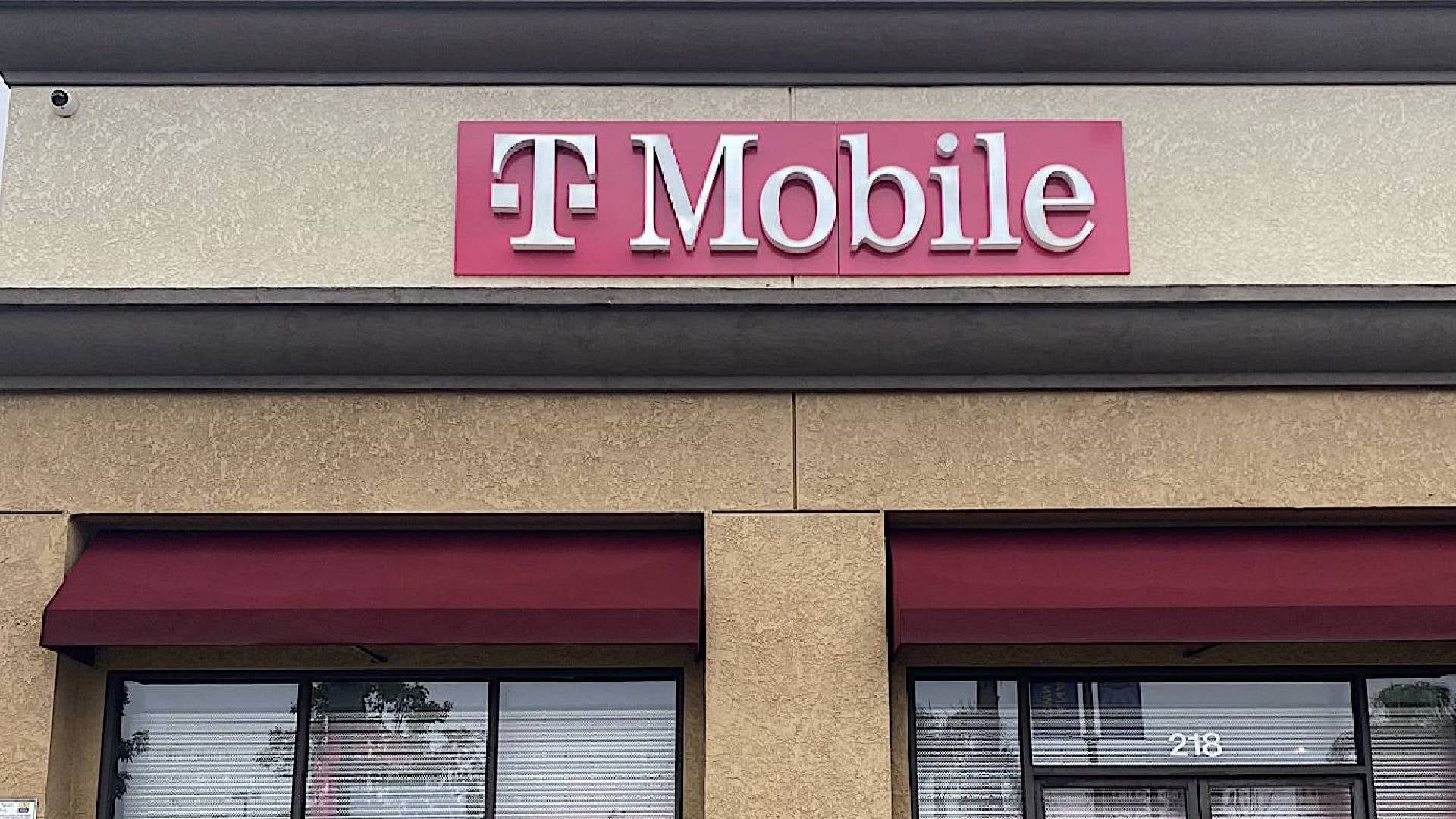








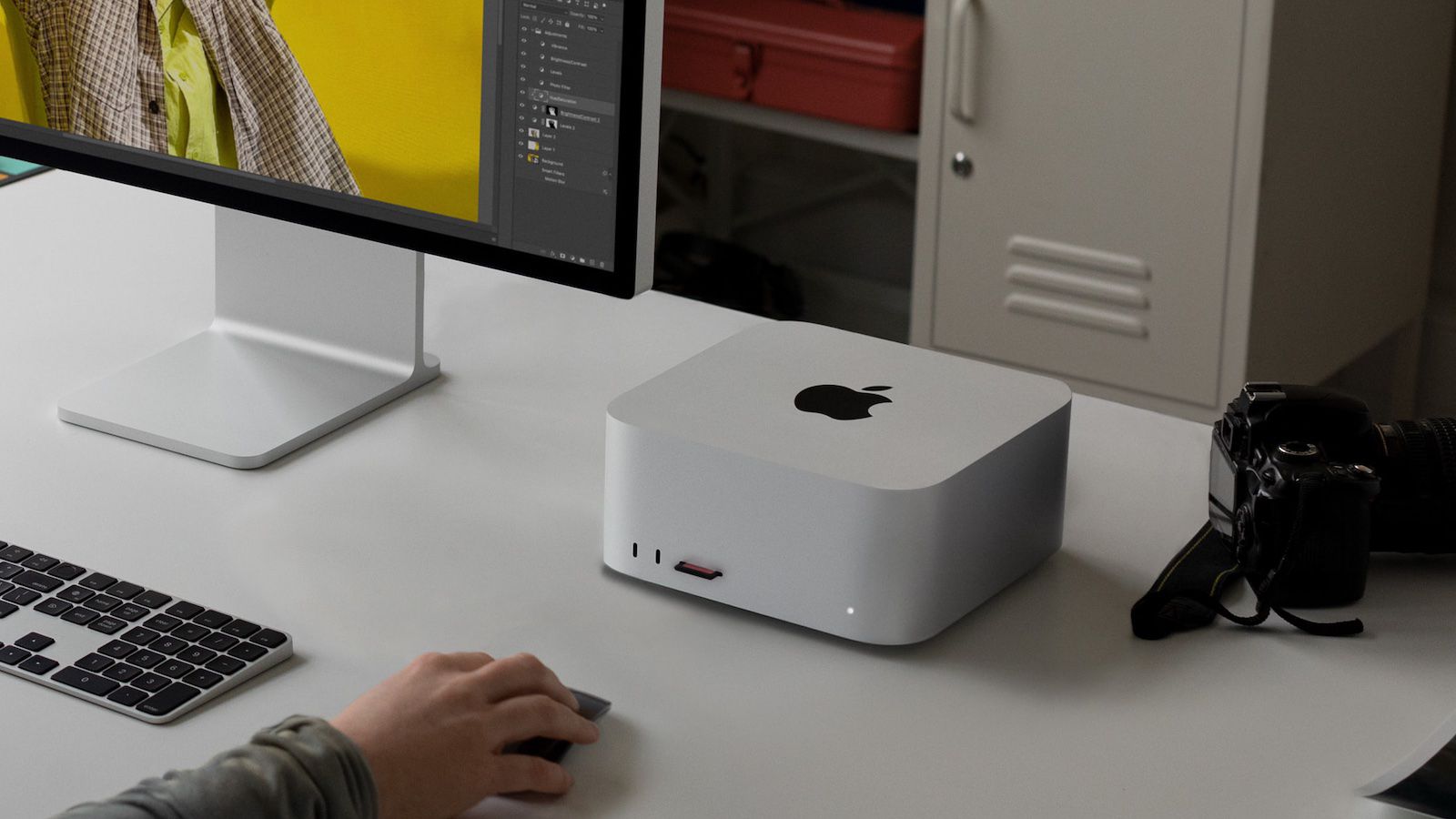












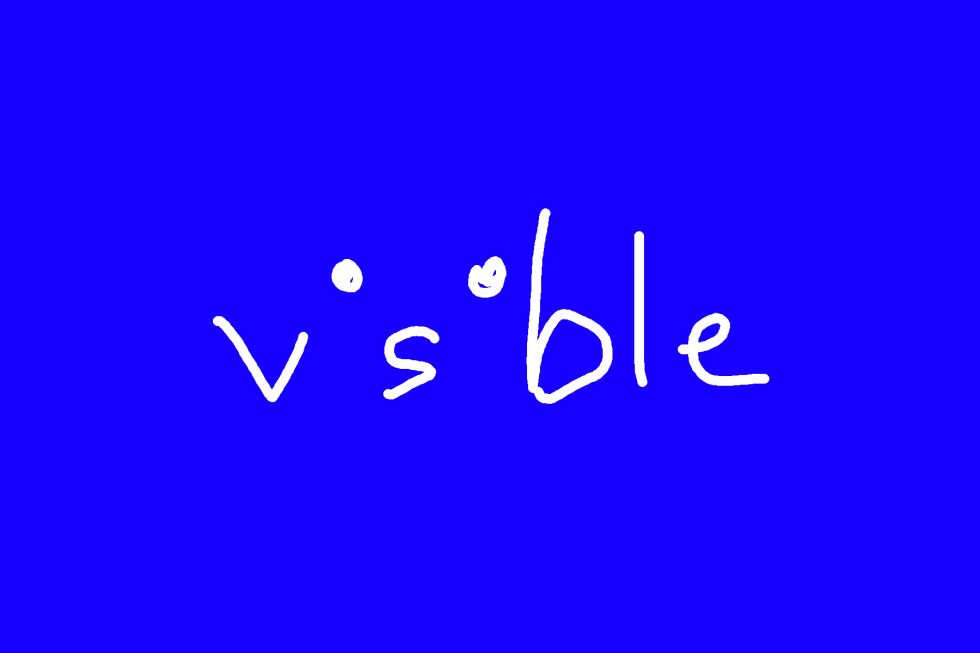
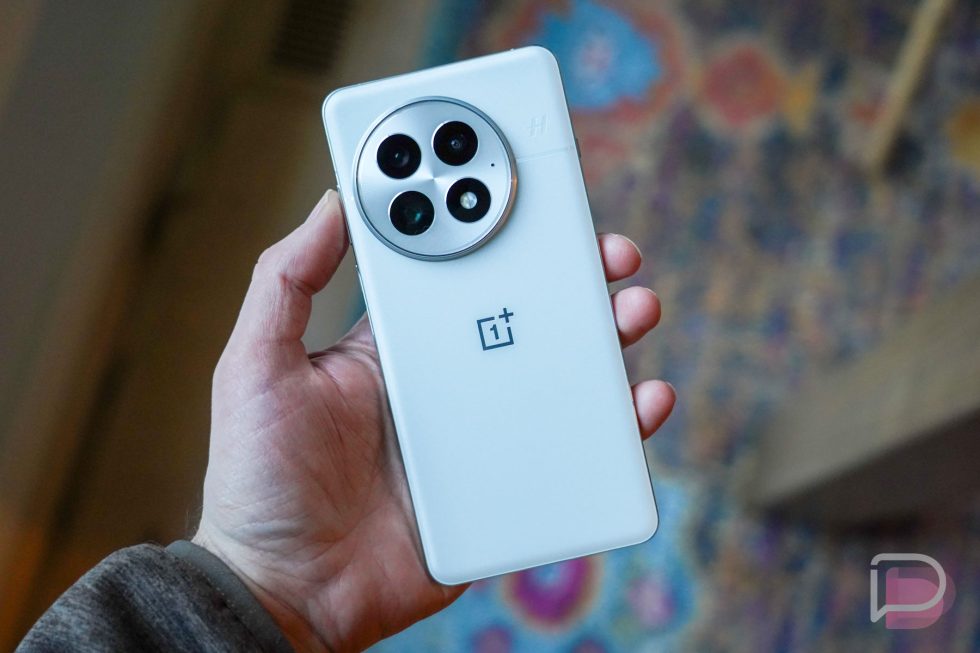
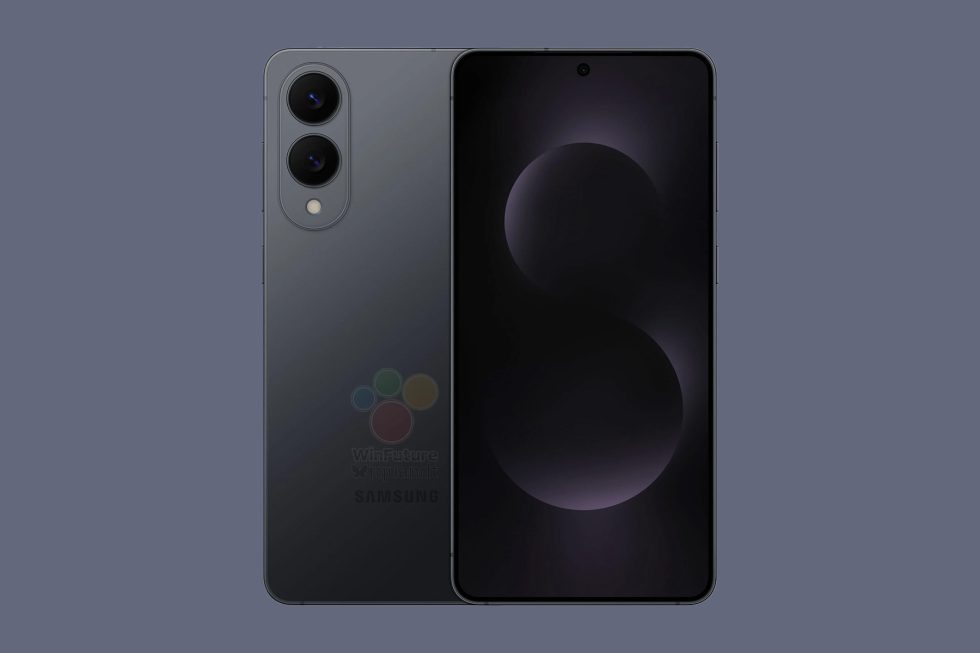





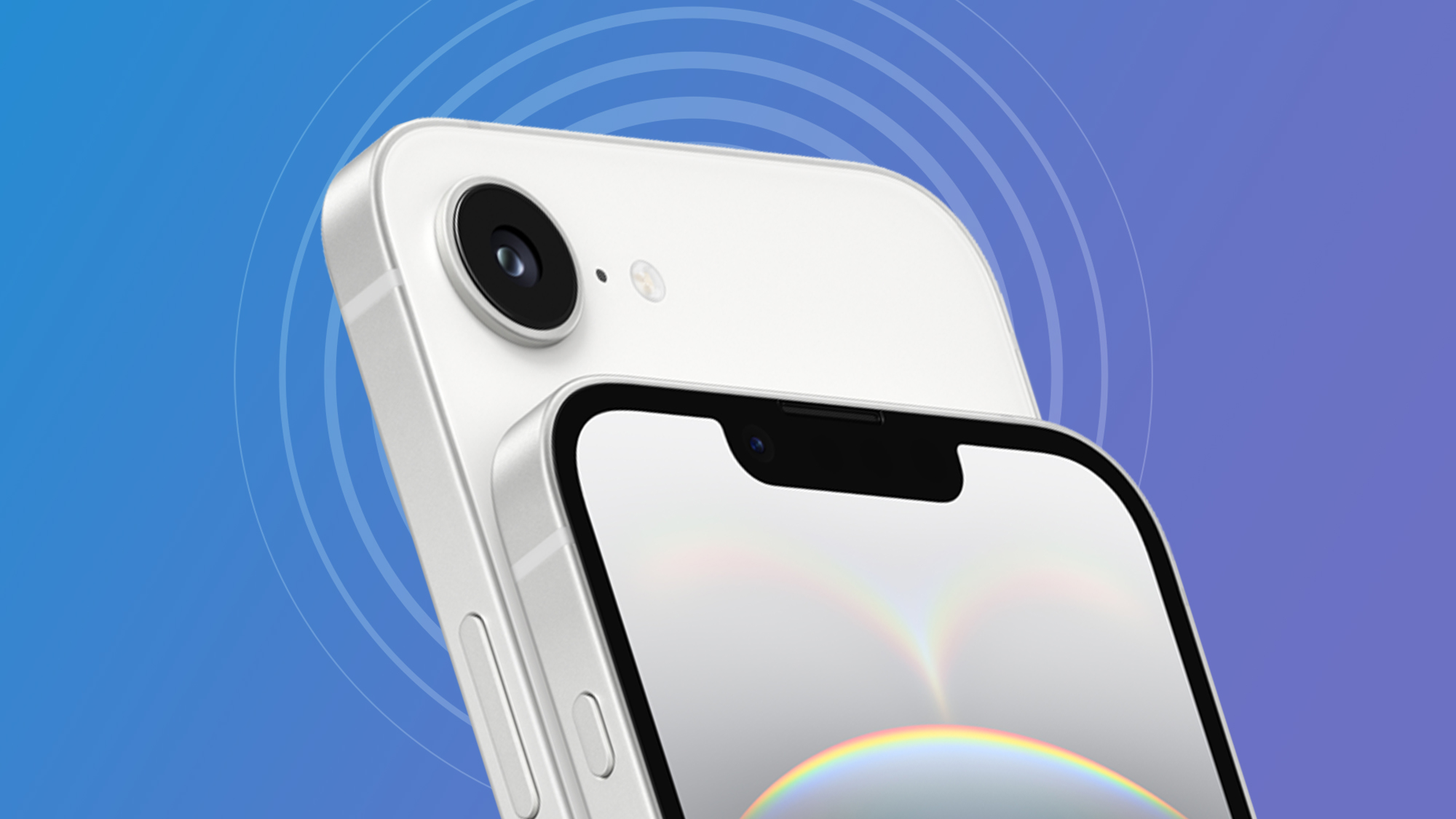


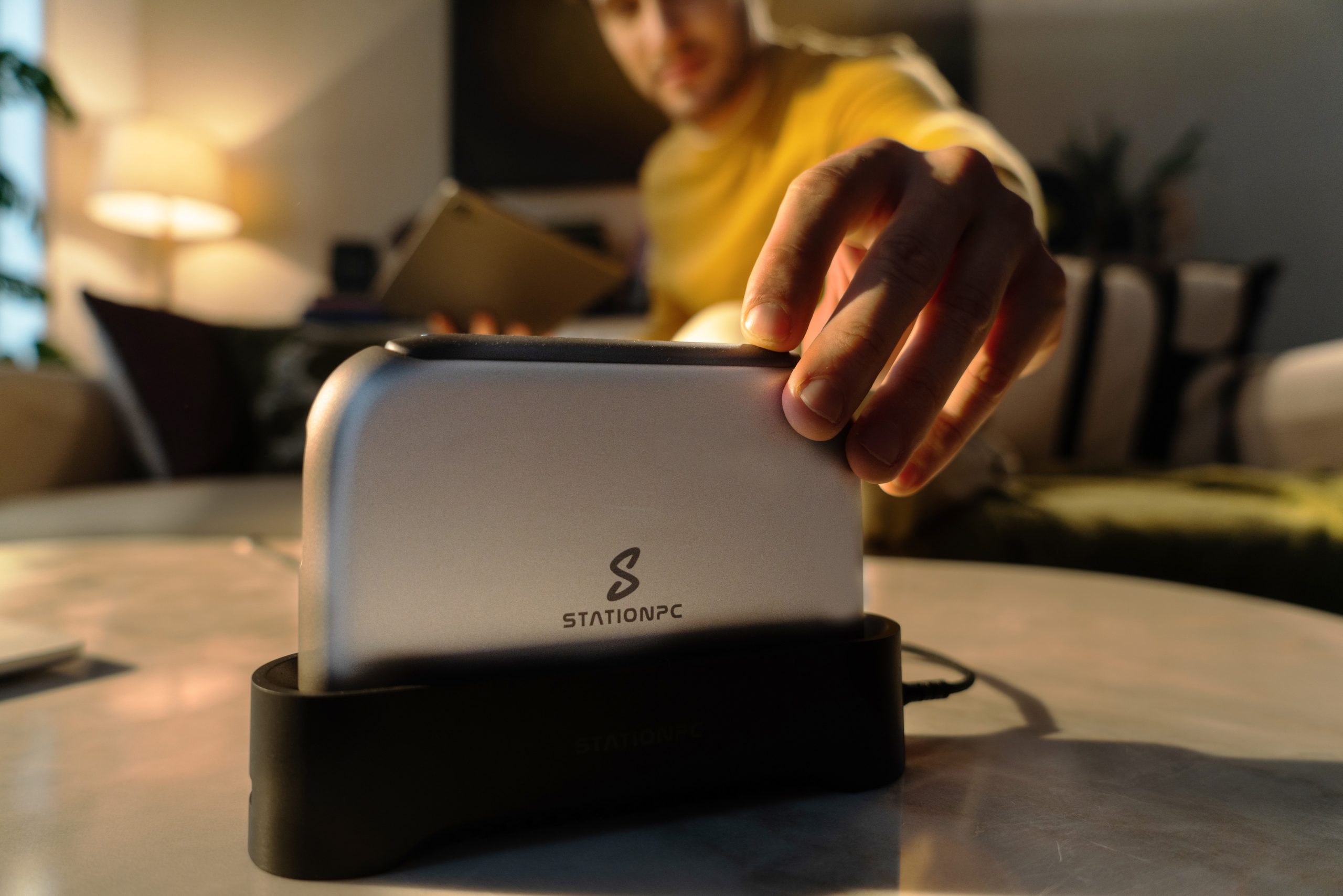










![Nomad Goods Launches 15% Sitewide Sale for 48 Hours Only [Deal]](https://www.iclarified.com/images/news/96899/96899/96899-640.jpg)


![Apple Watch Series 10 Prototype with Mystery Sensor Surfaces [Images]](https://www.iclarified.com/images/news/96892/96892/96892-640.jpg)


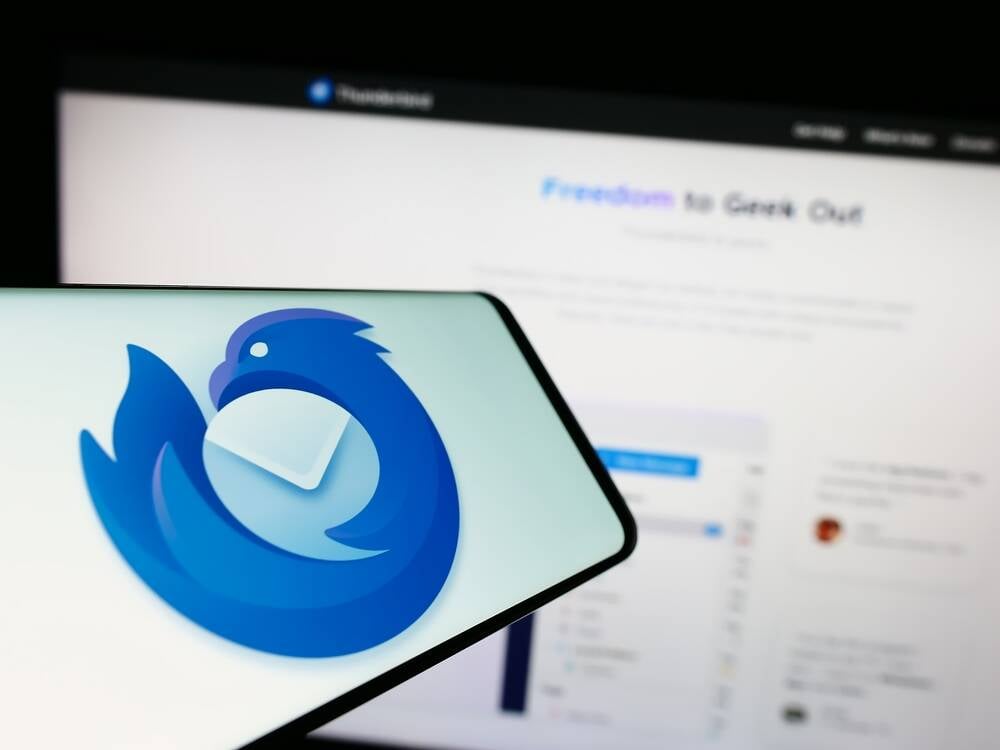














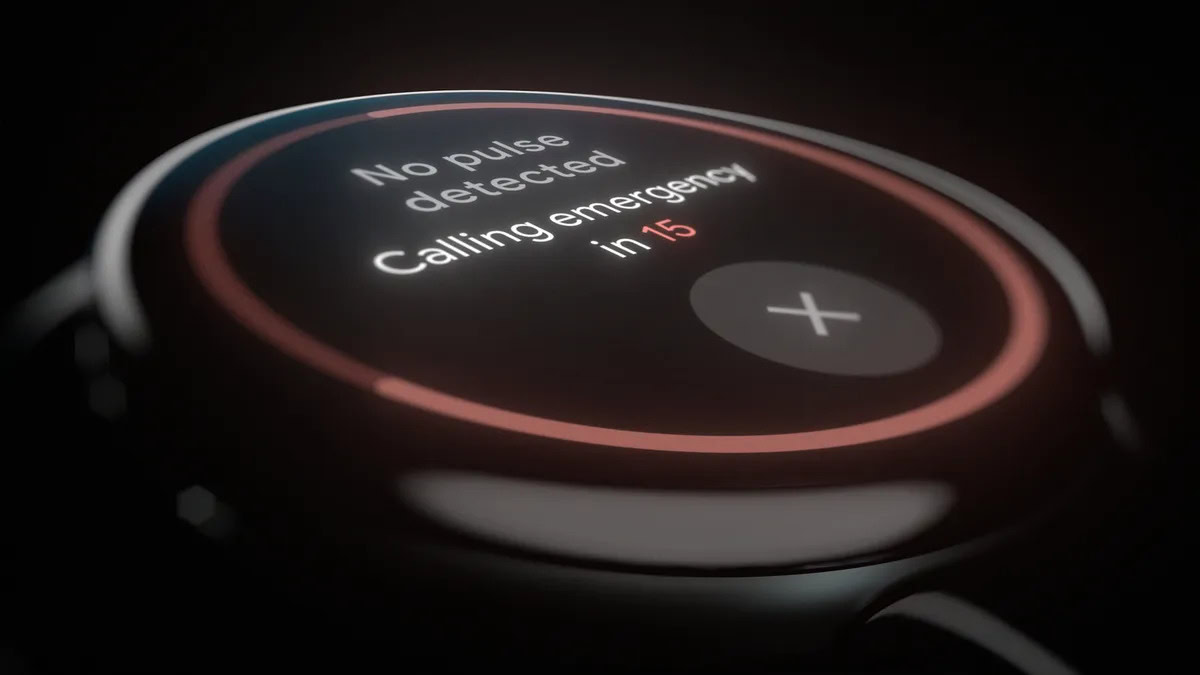
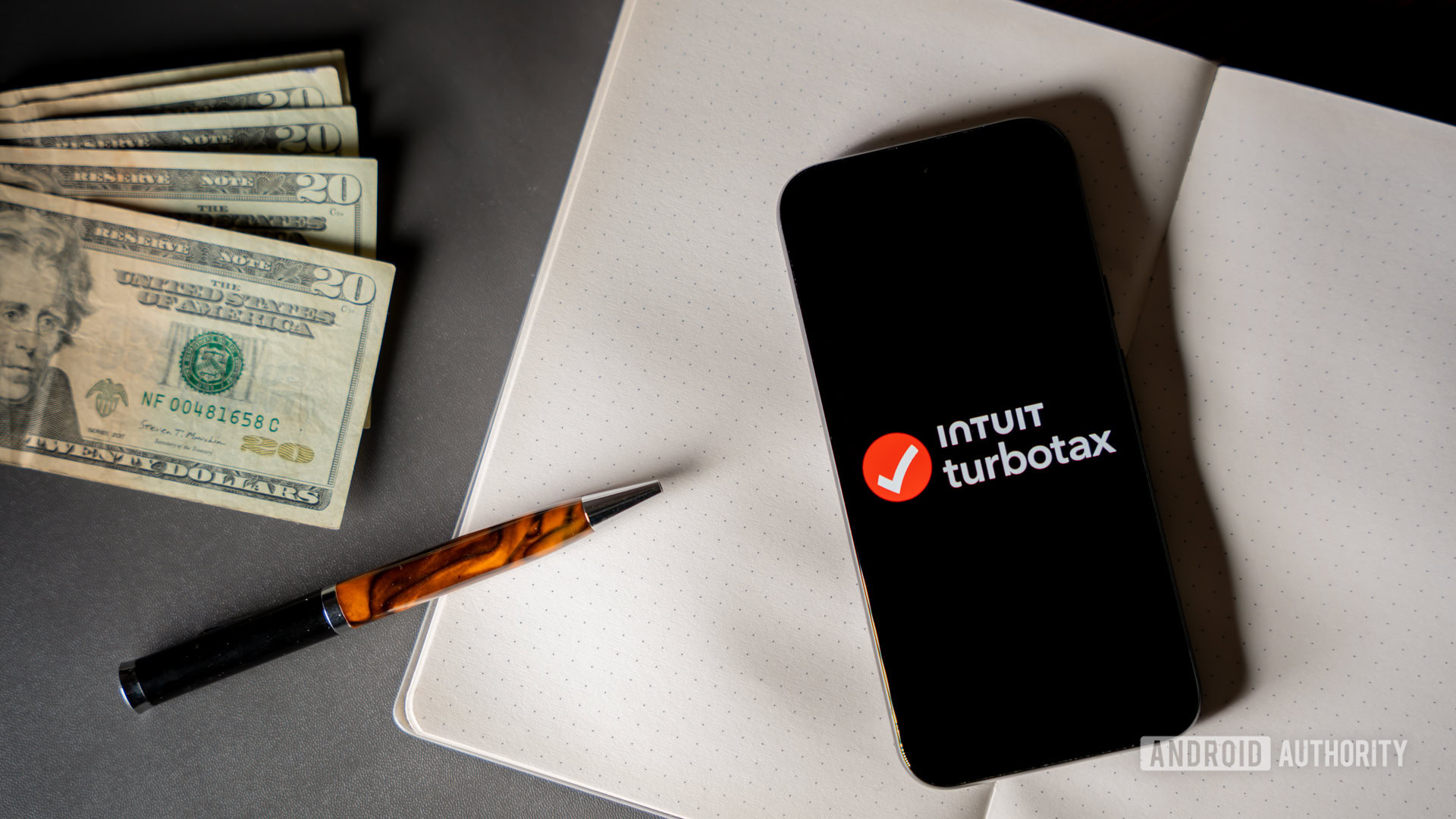
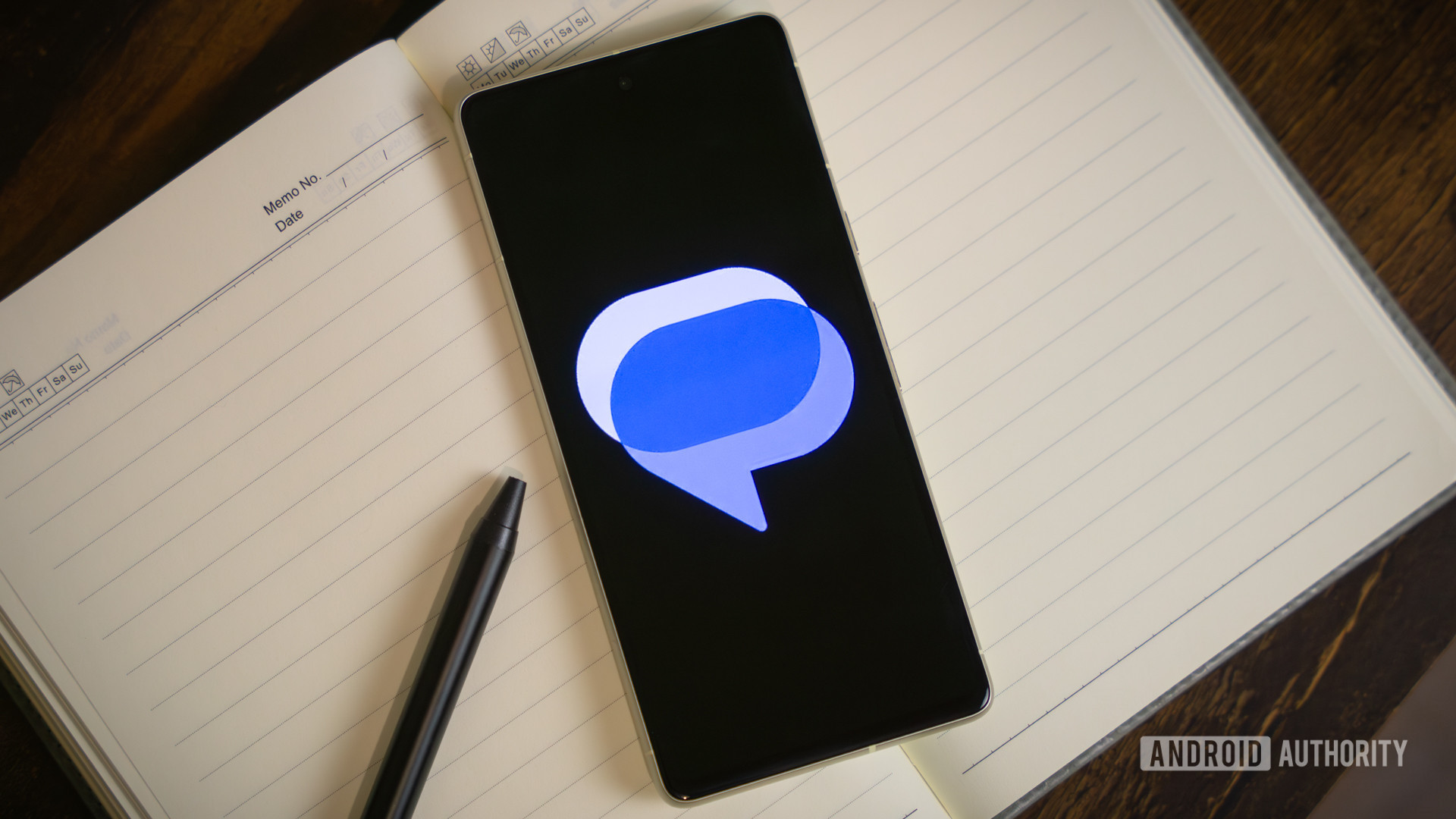
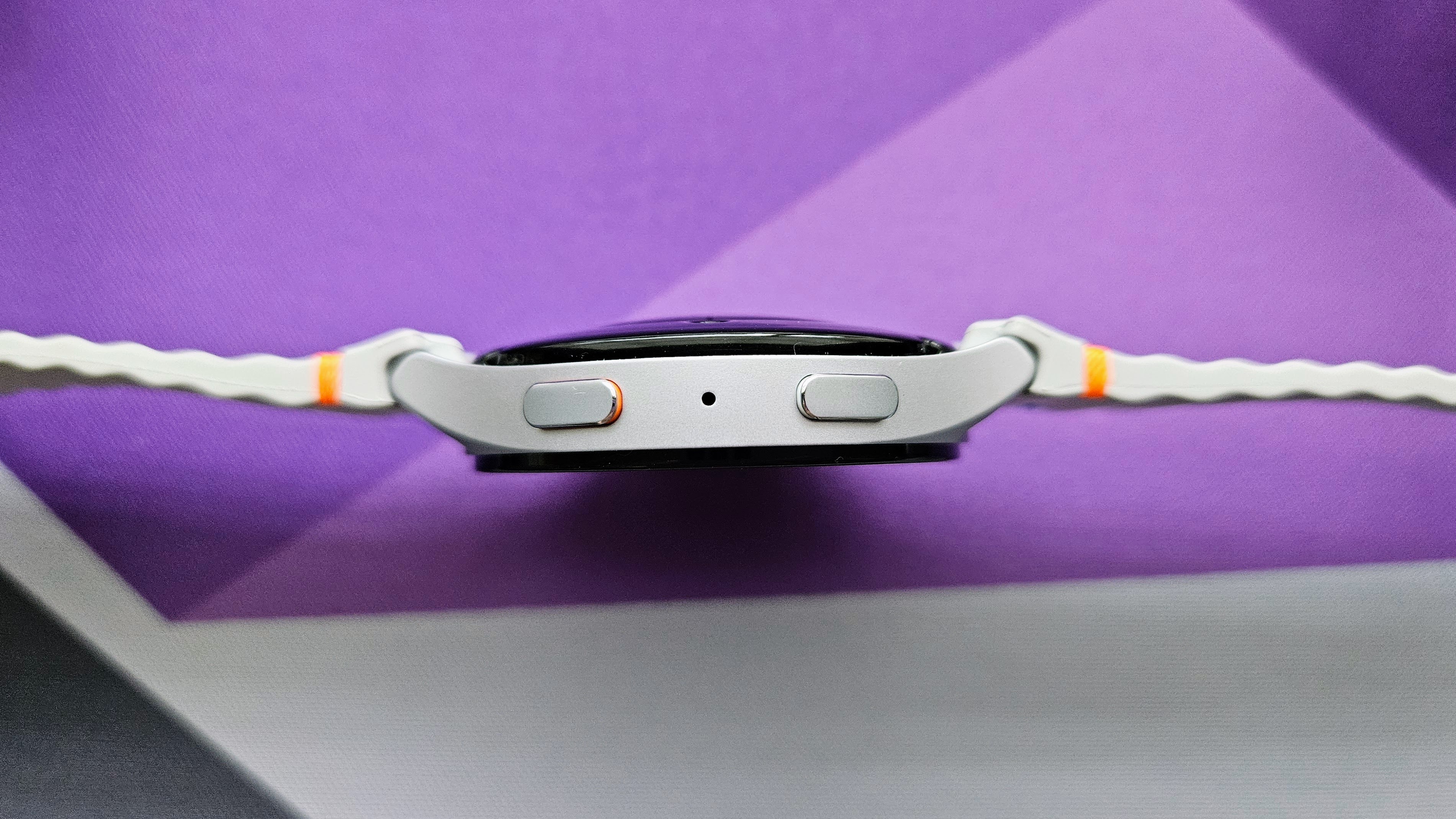
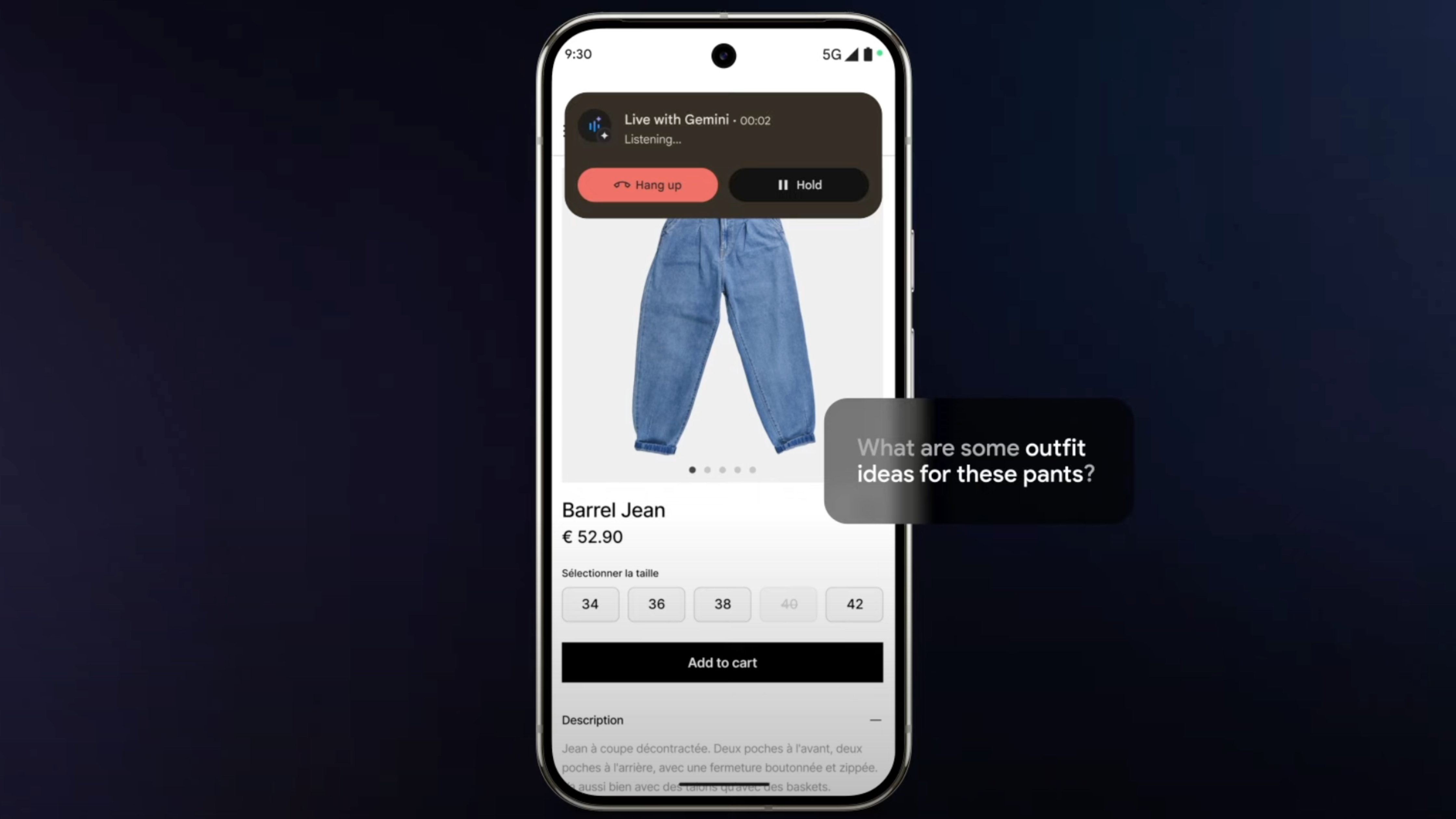
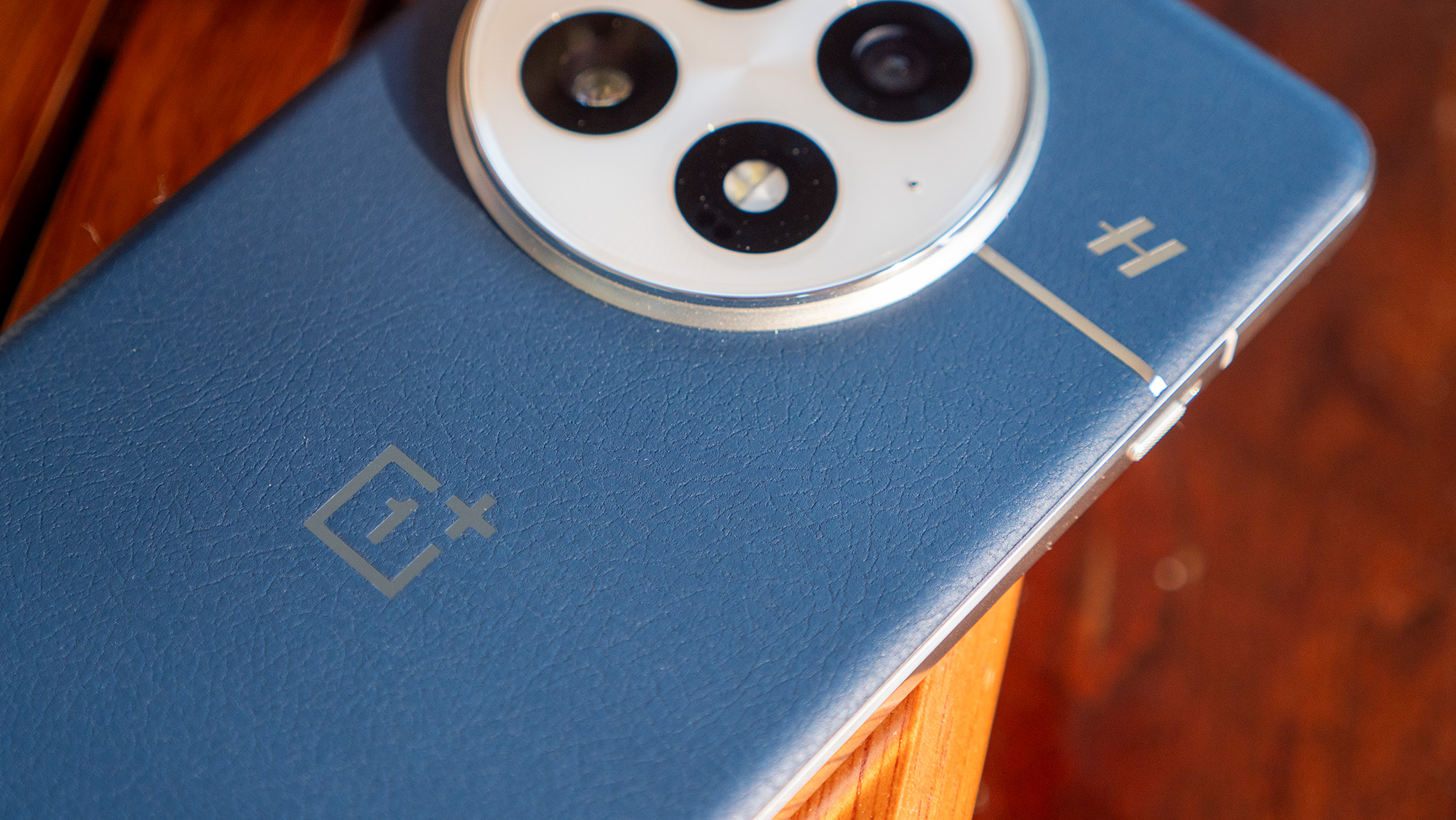
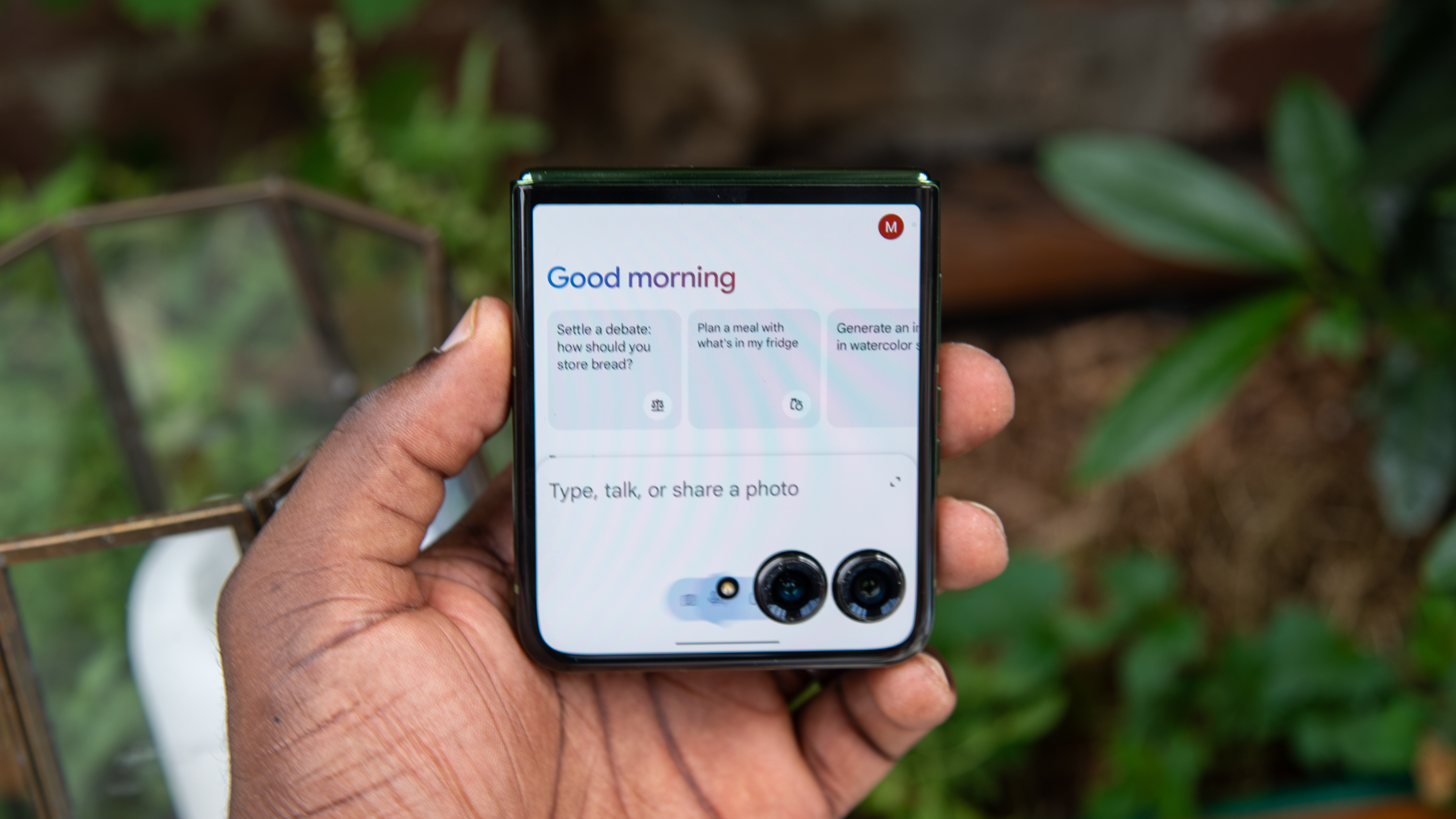

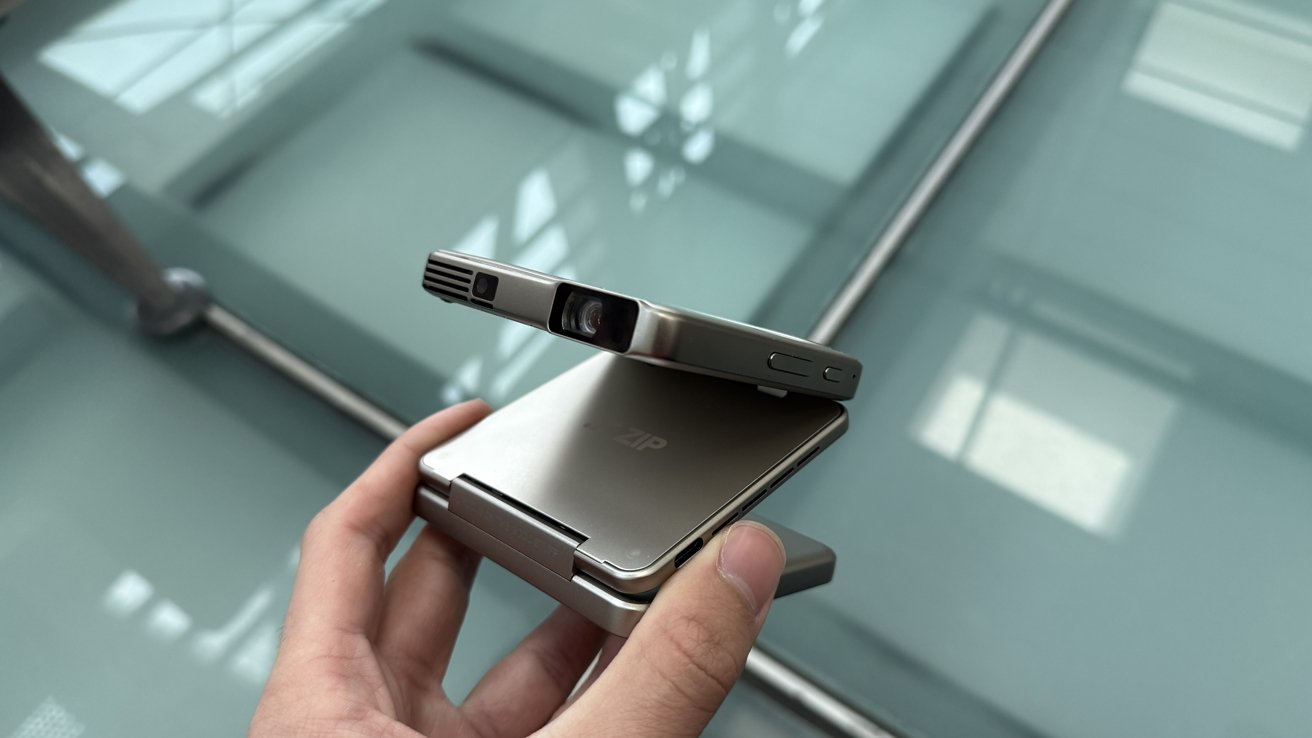

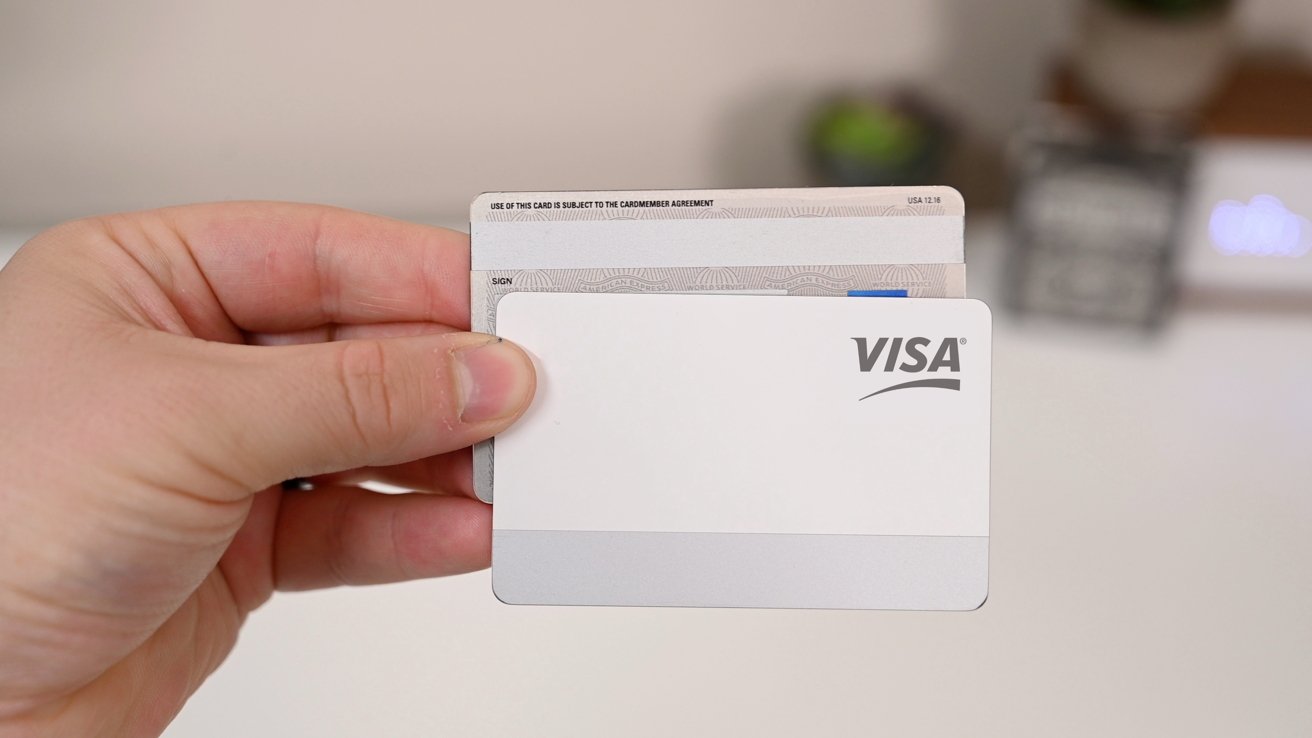


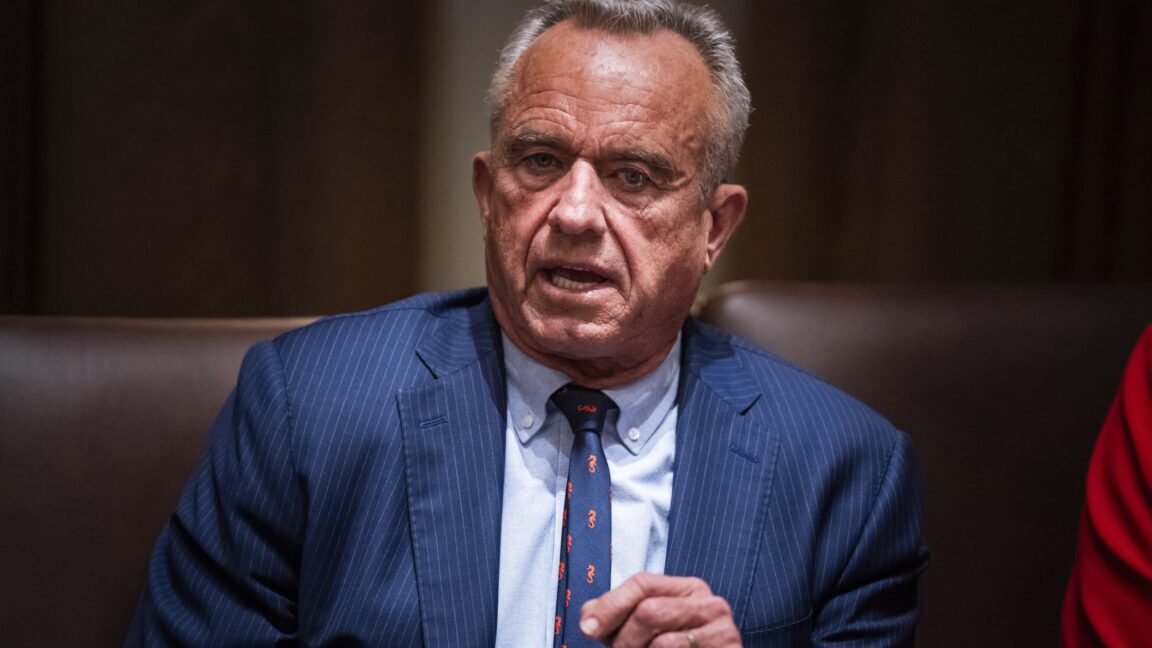

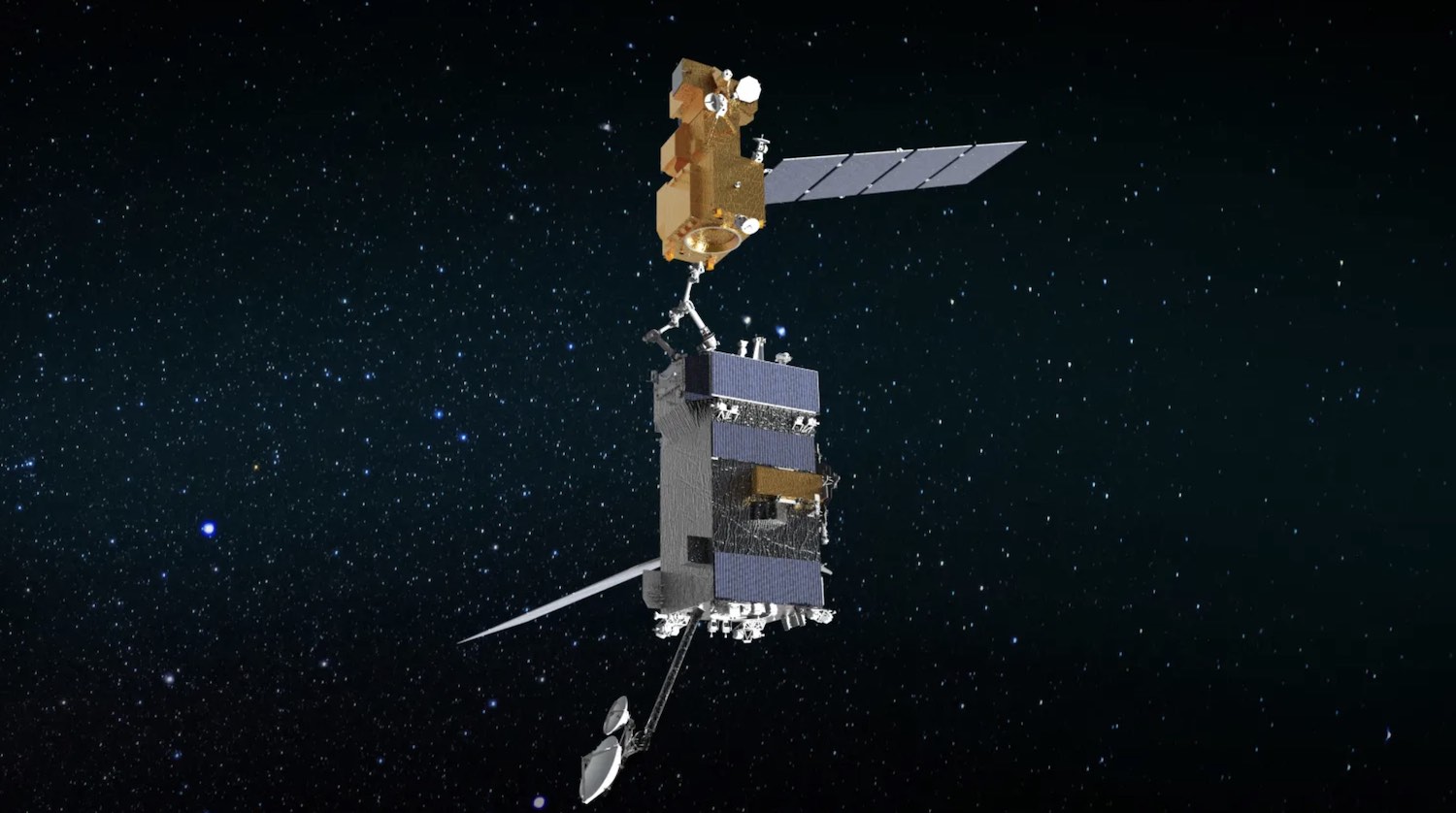



















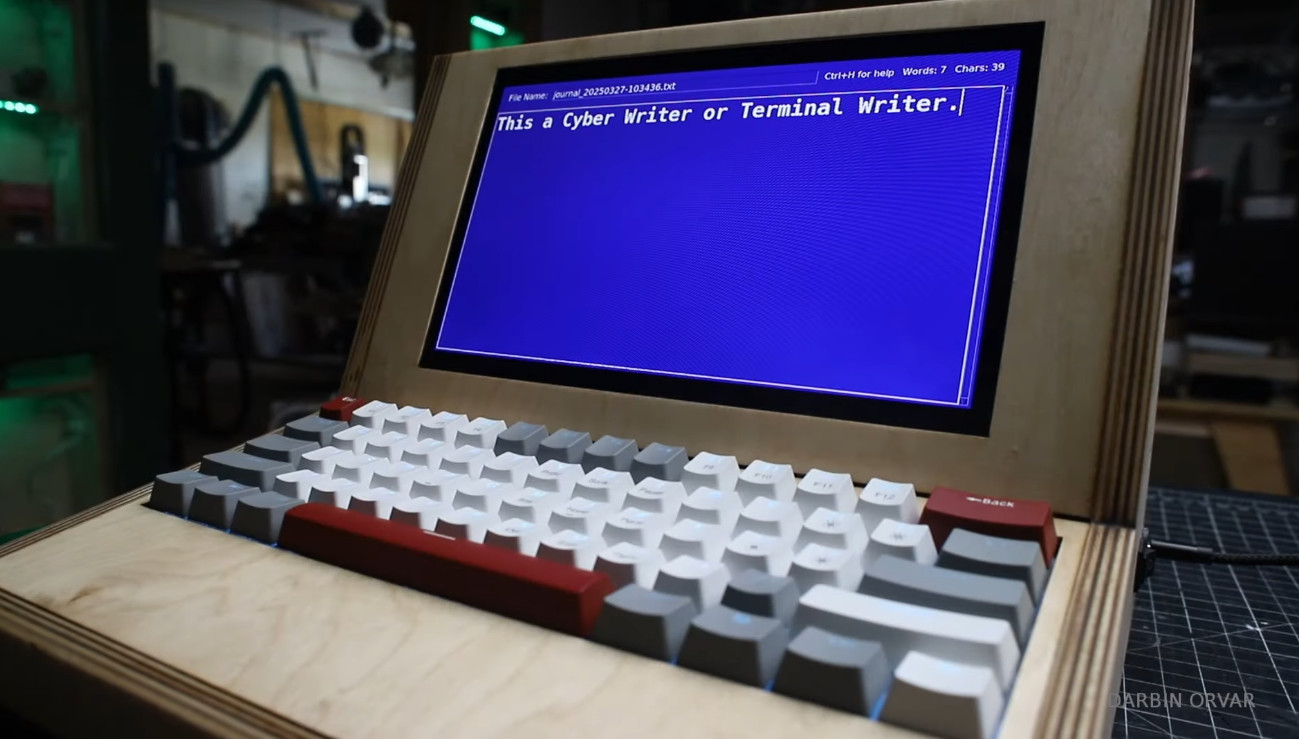

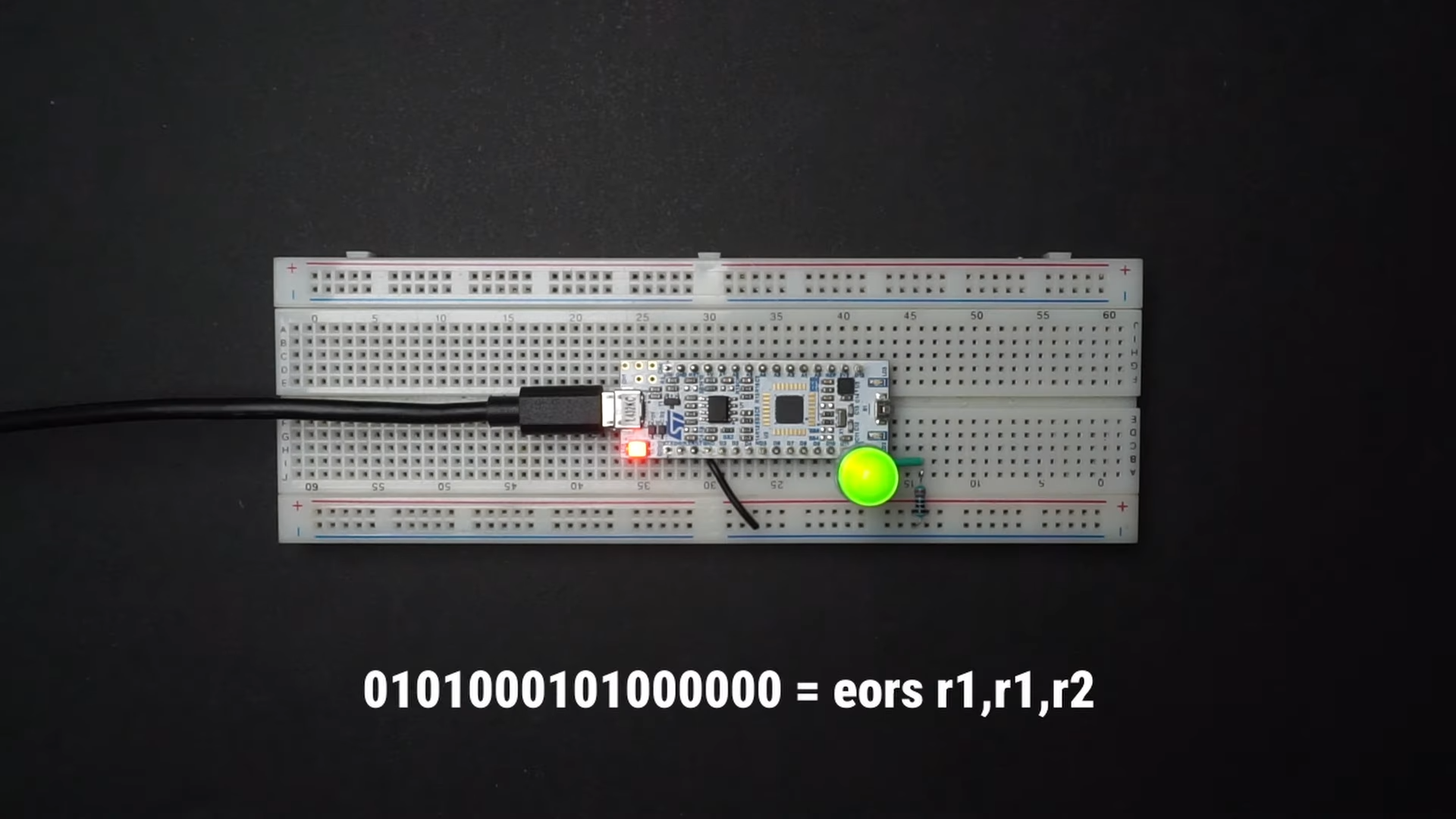
















































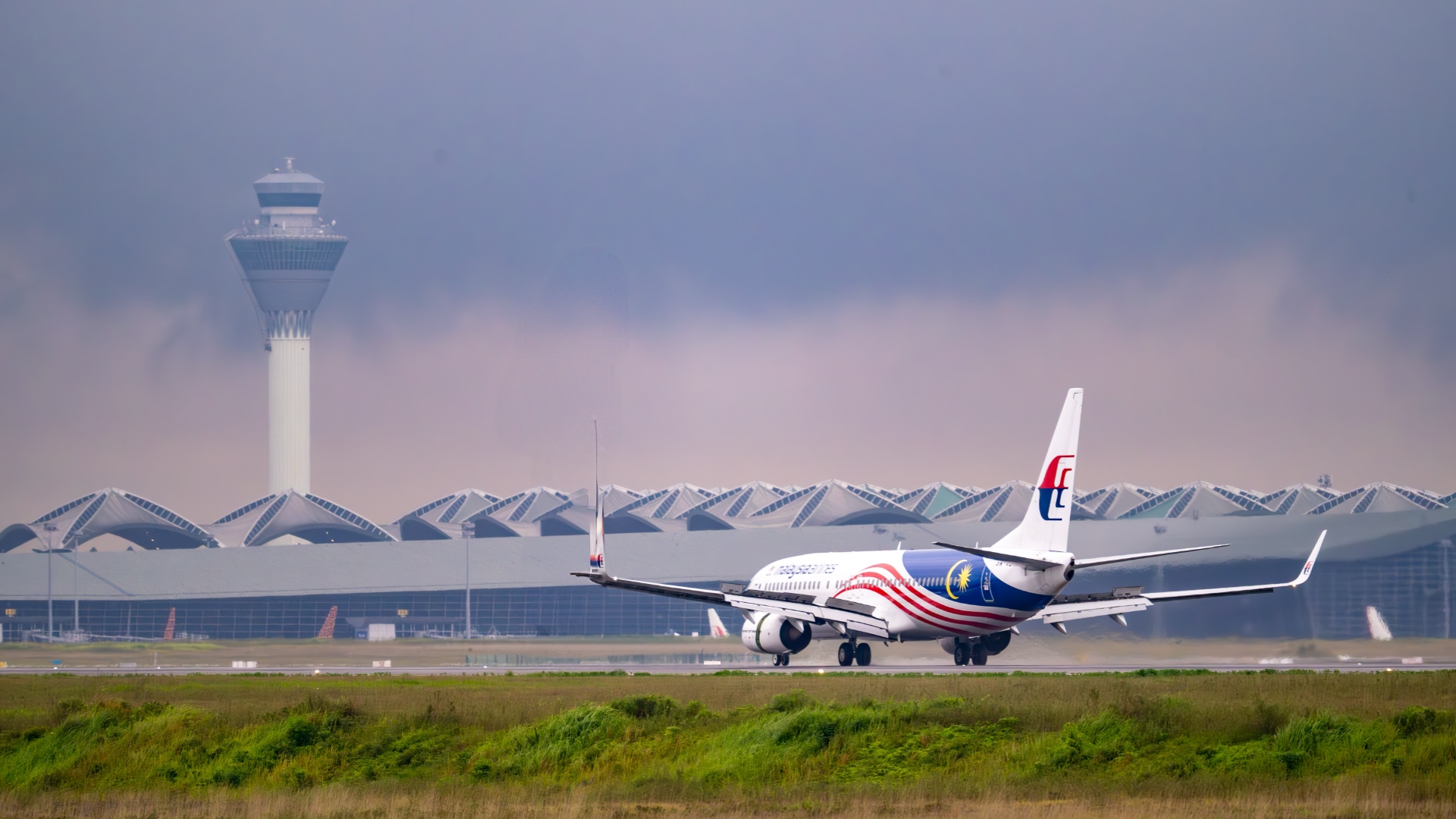
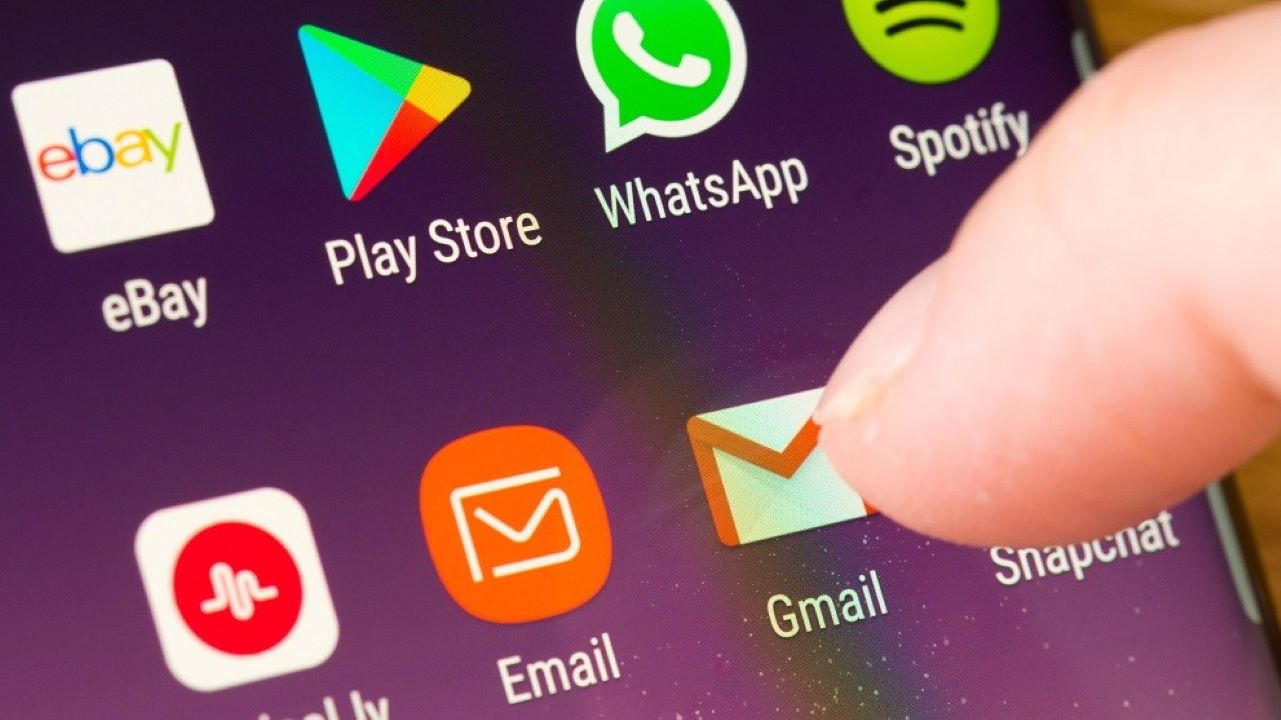





































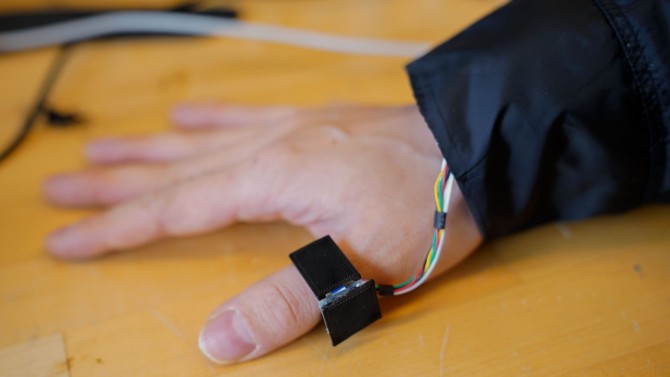






































![[The AI Show Episode 142]: ChatGPT’s New Image Generator, Studio Ghibli Craze and Backlash, Gemini 2.5, OpenAI Academy, 4o Updates, Vibe Marketing & xAI Acquires X](https://www.marketingaiinstitute.com/hubfs/ep%20142%20cover.png)



























































































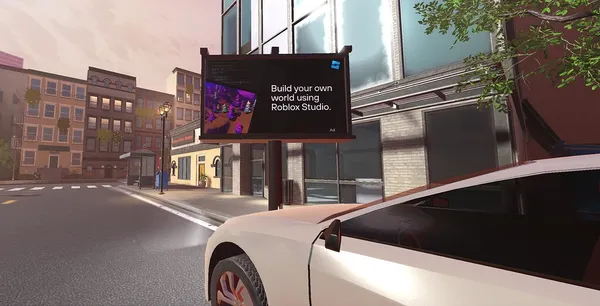
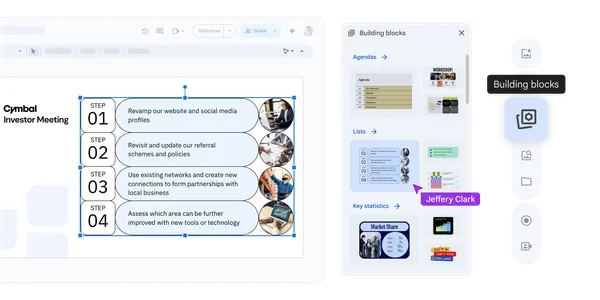
















![Is this a suitable approach to architect a flutter app? [closed]](https://i.sstatic.net/4hMHGb1L.png)









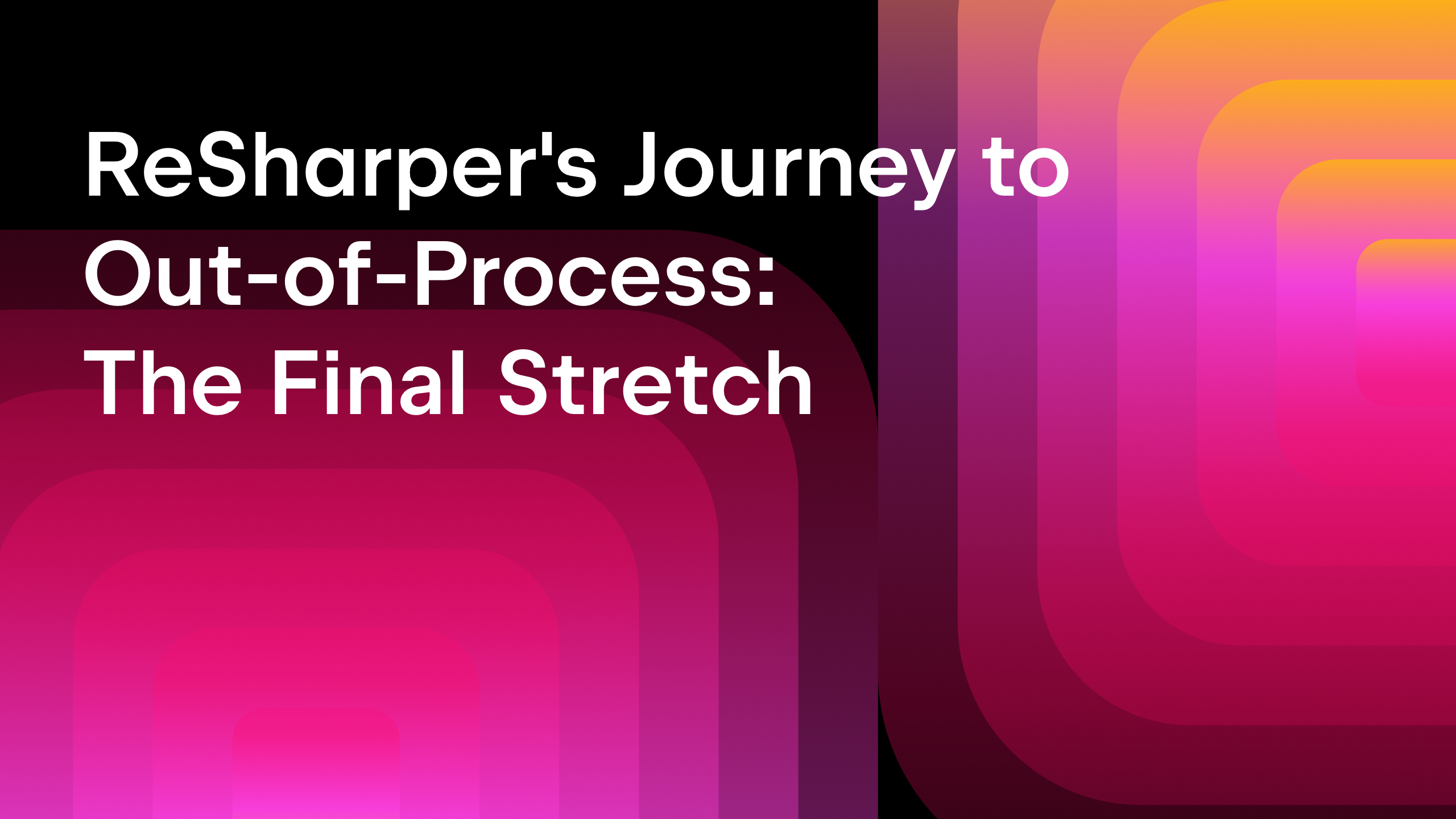








![From broke musician to working dev. How college drop-out Ryan Furrer taught himself to code [Podcast #166]](https://cdn.hashnode.com/res/hashnode/image/upload/v1743189826063/2080cde4-6fc0-46fb-b98d-b3d59841e8c4.png?#)




















































































